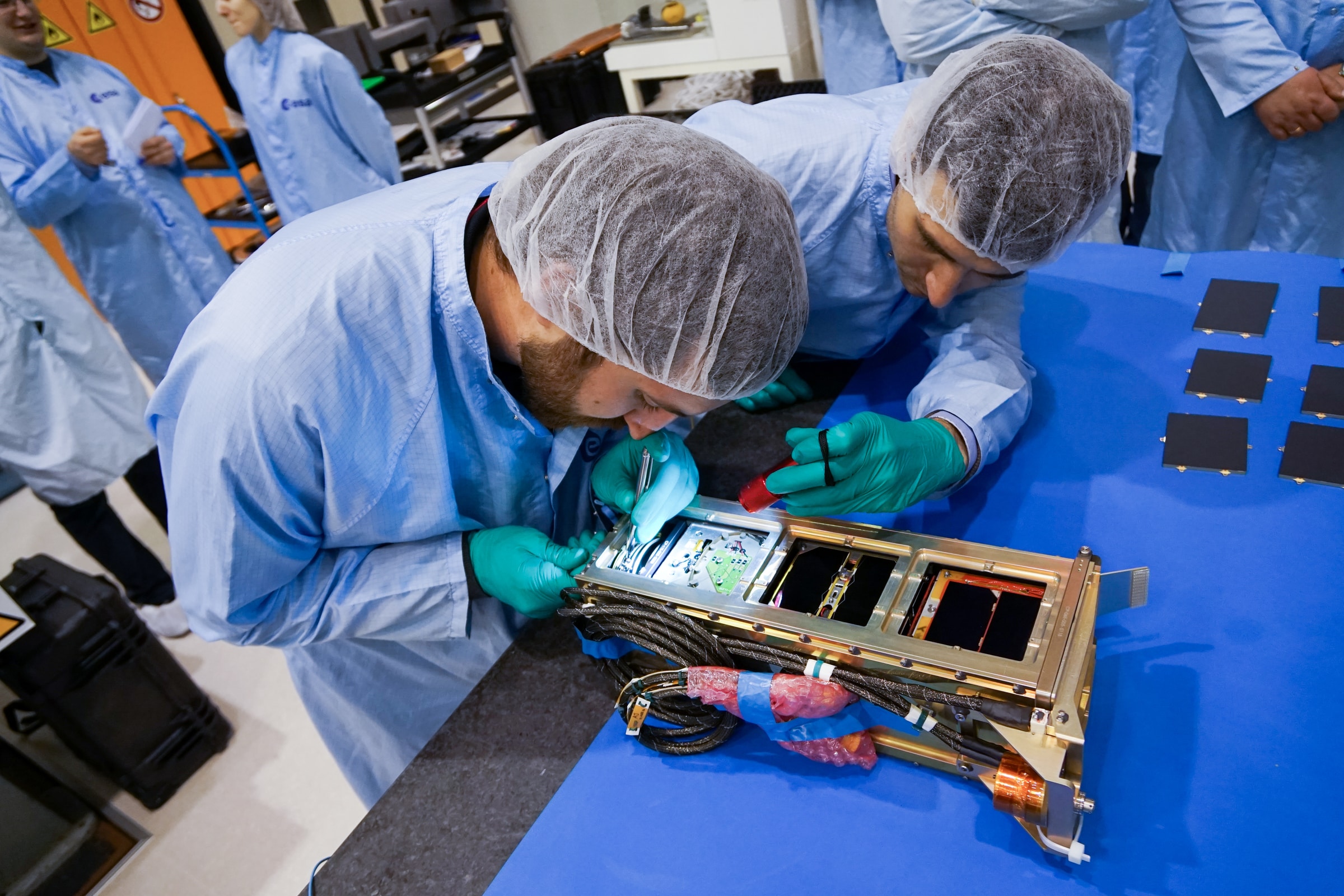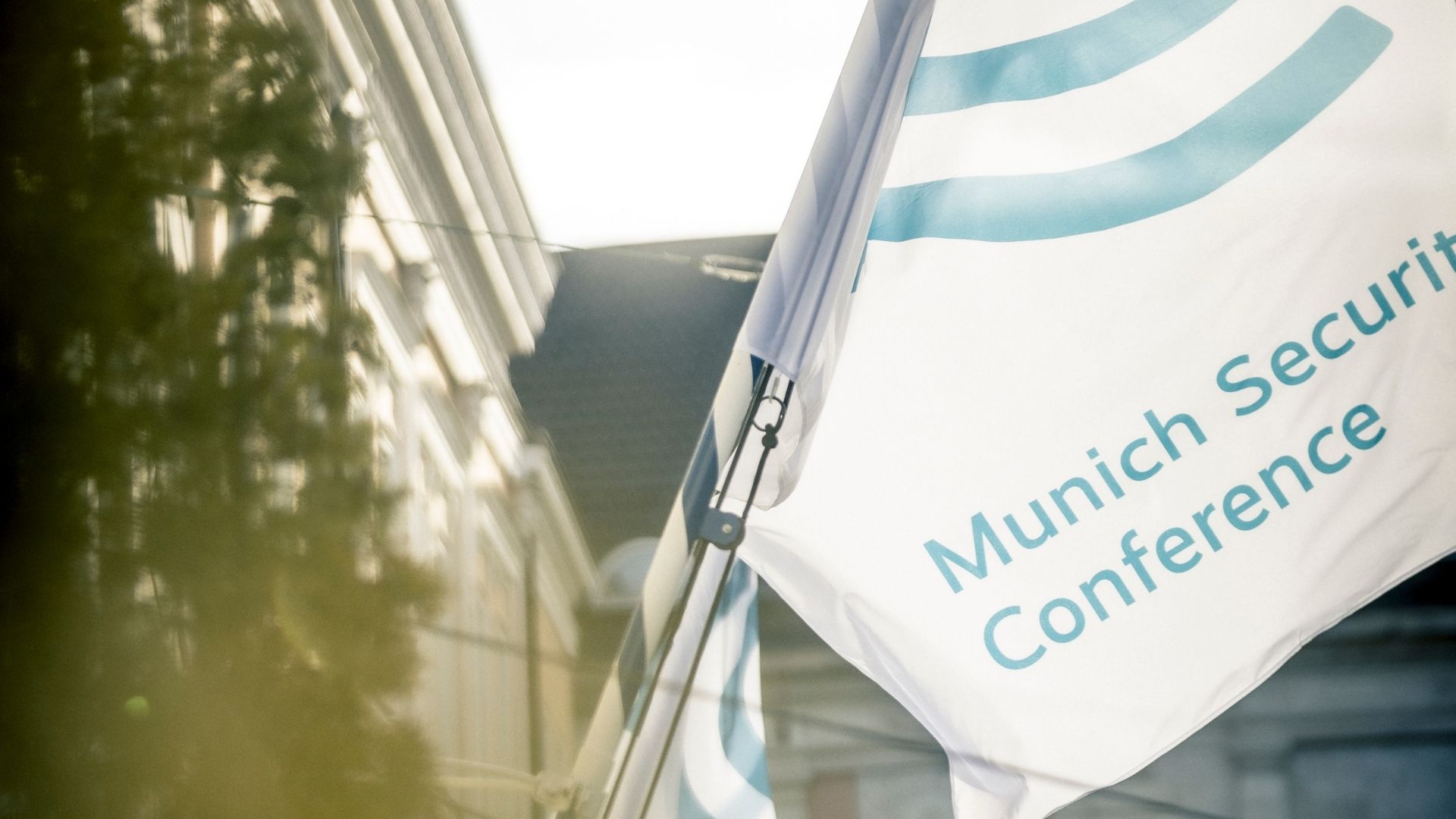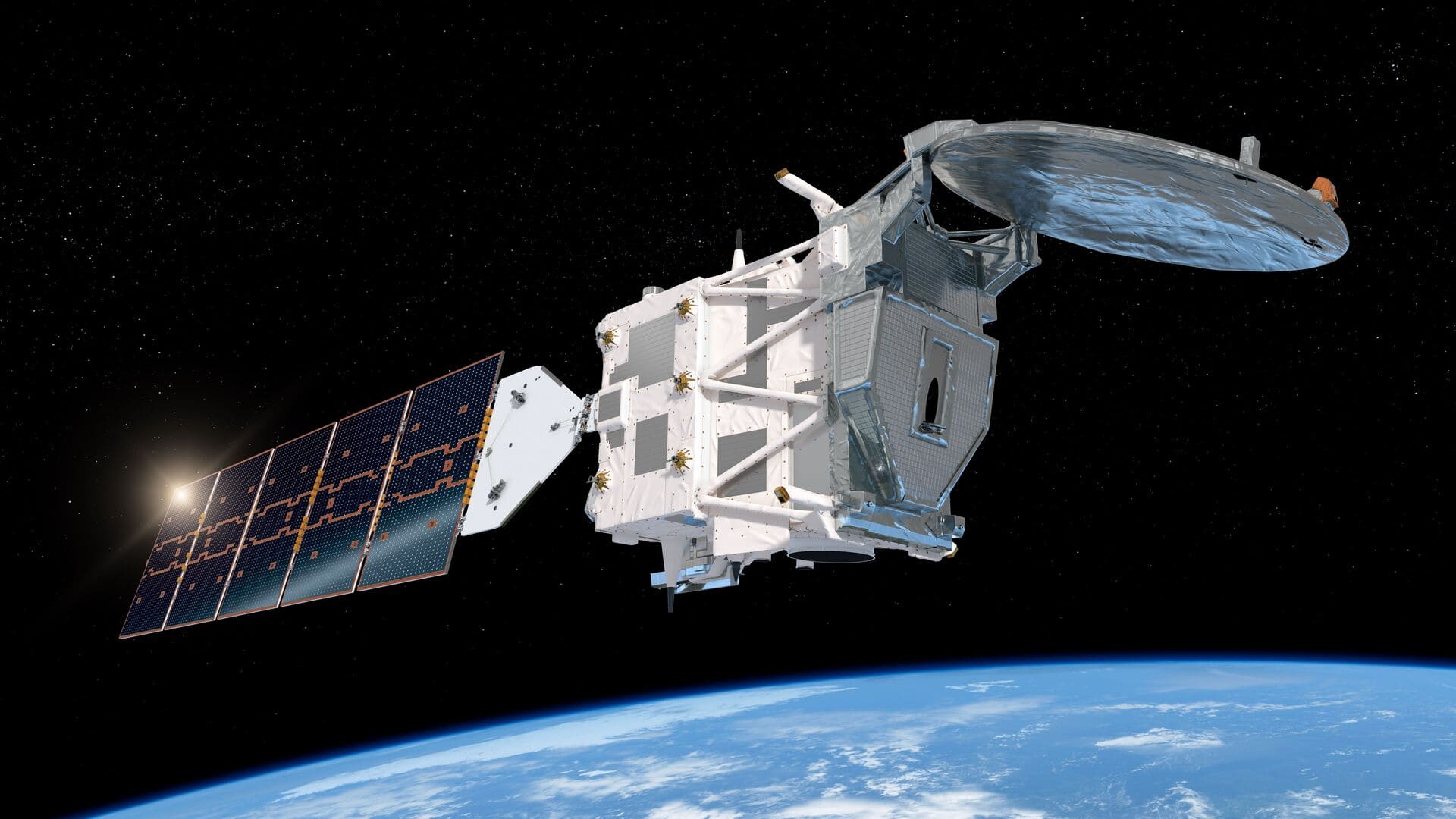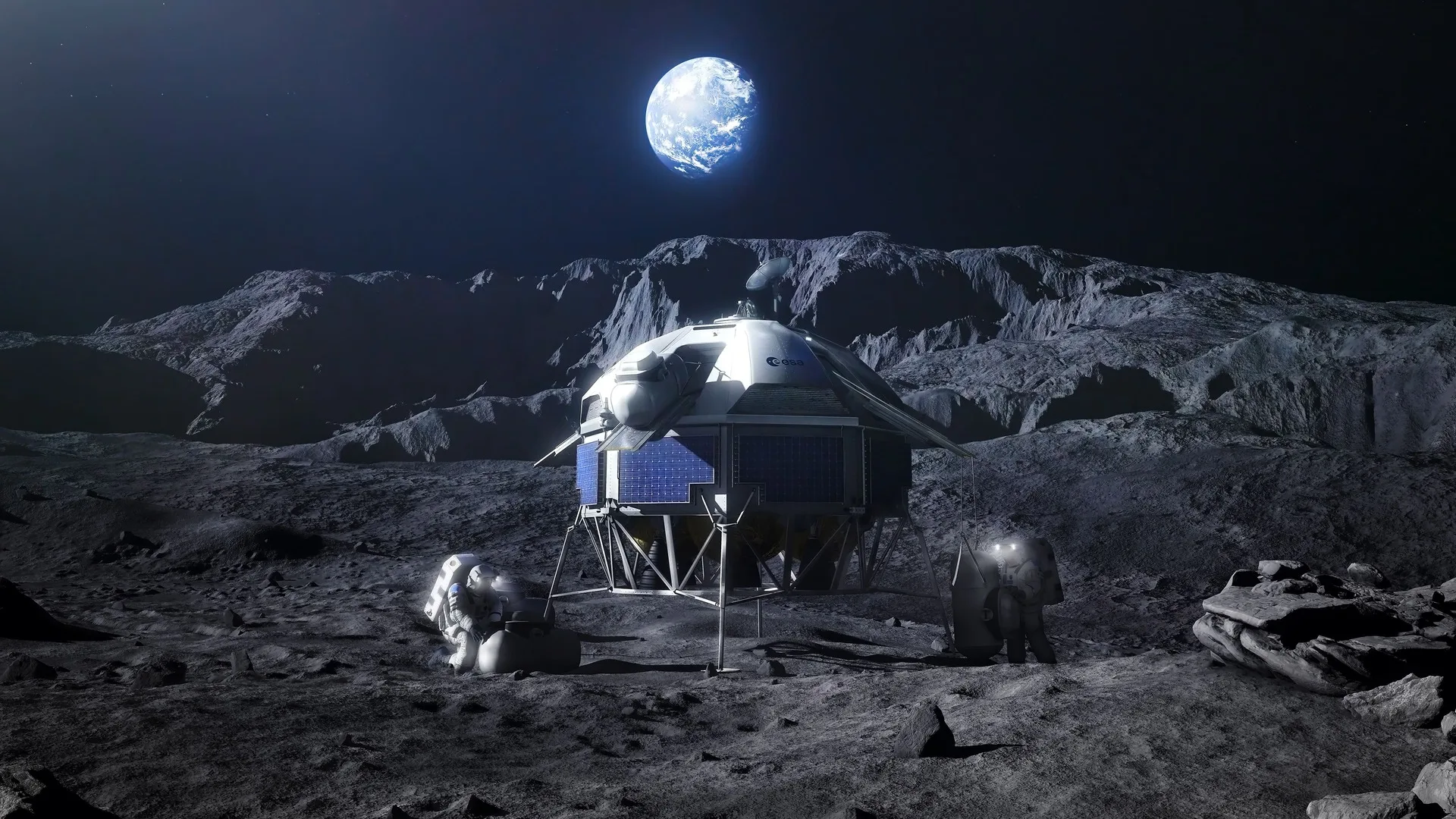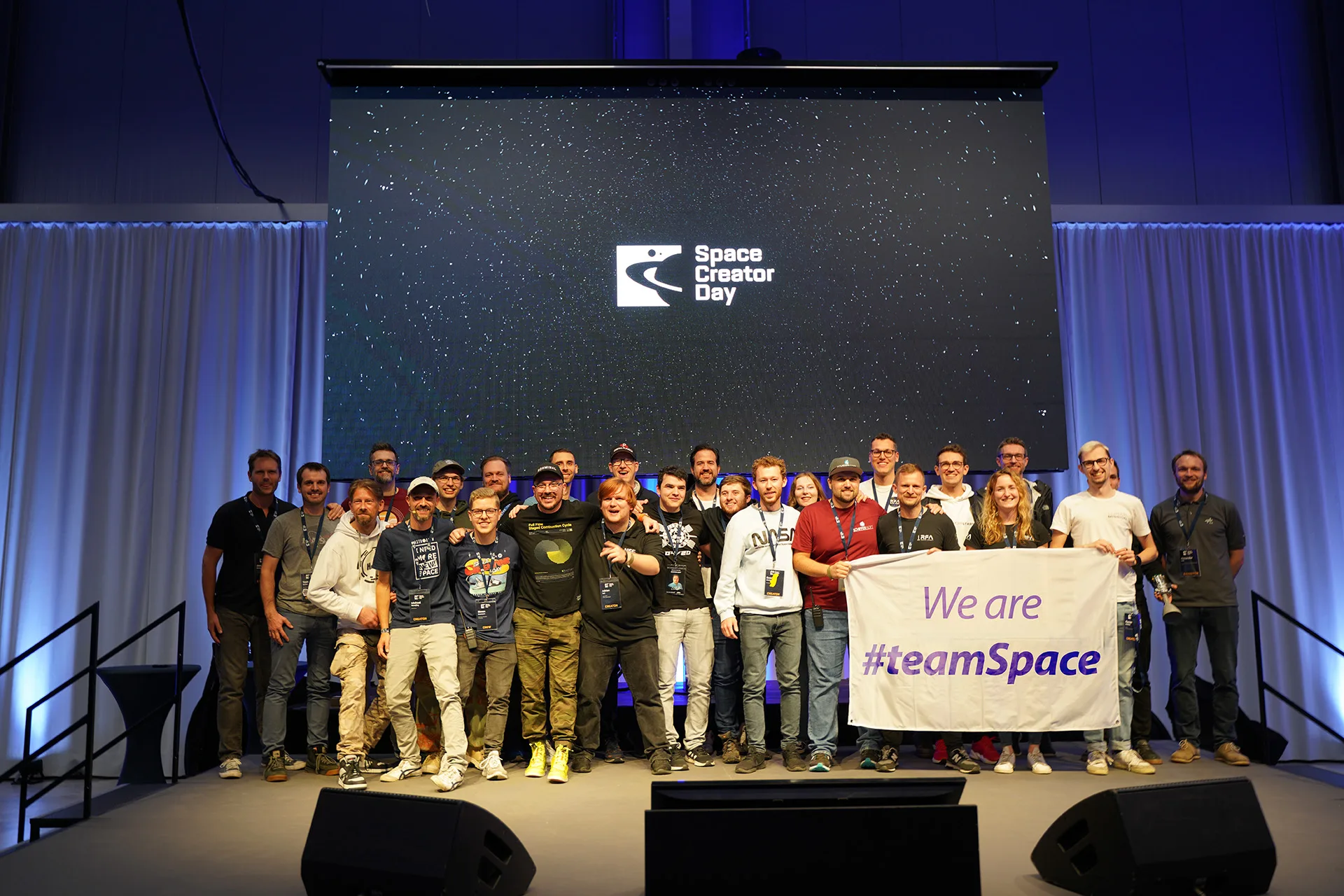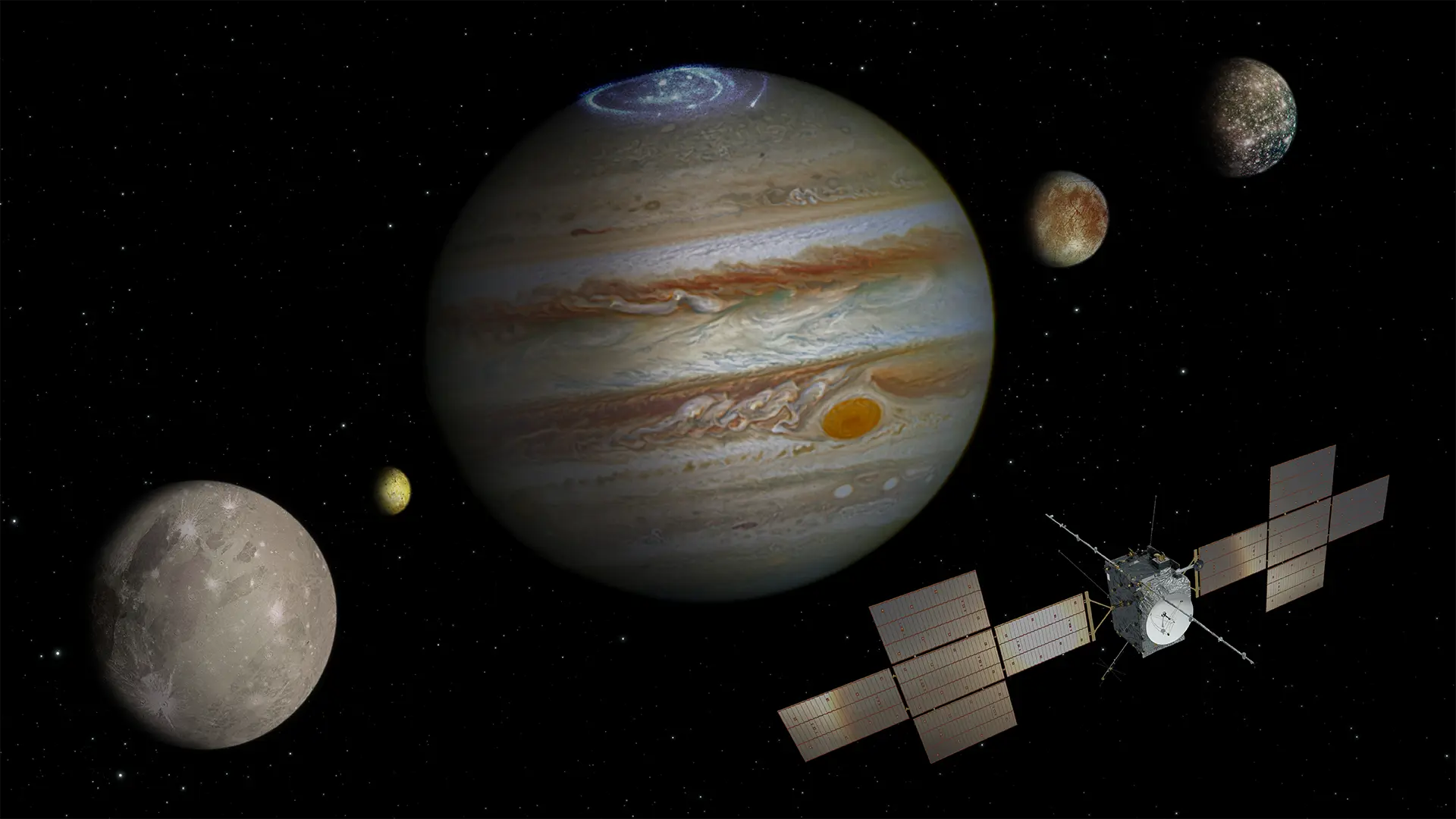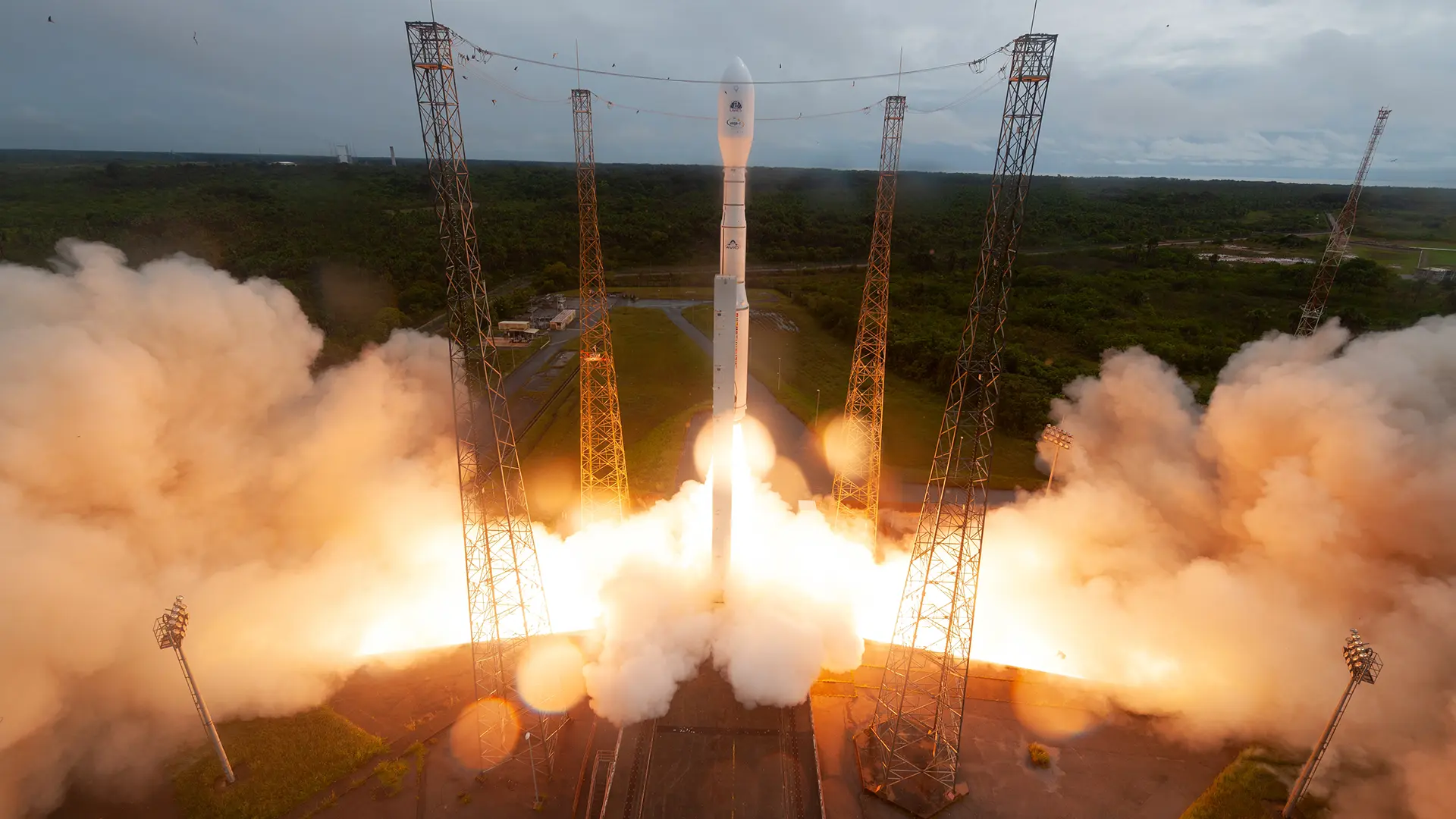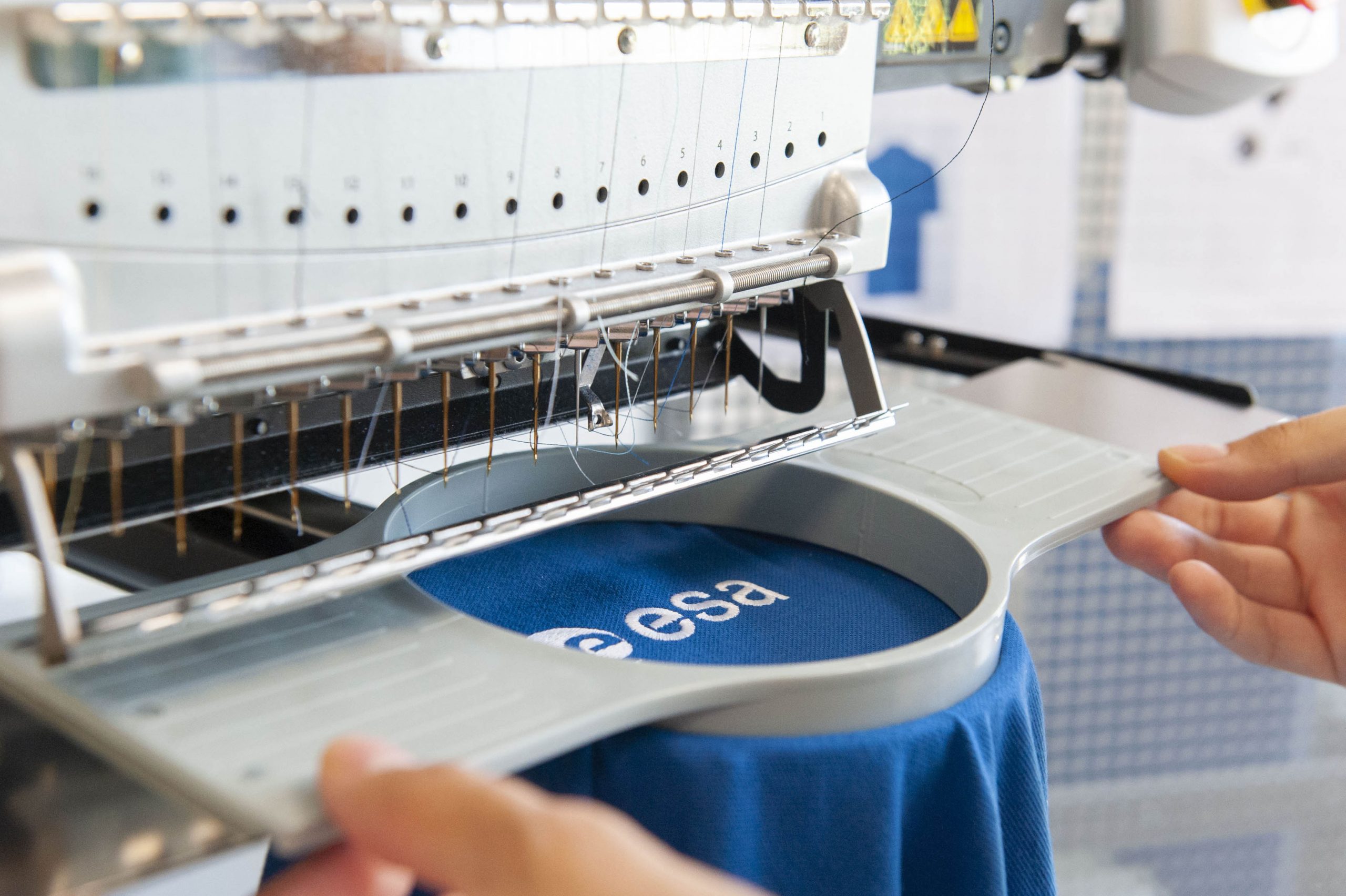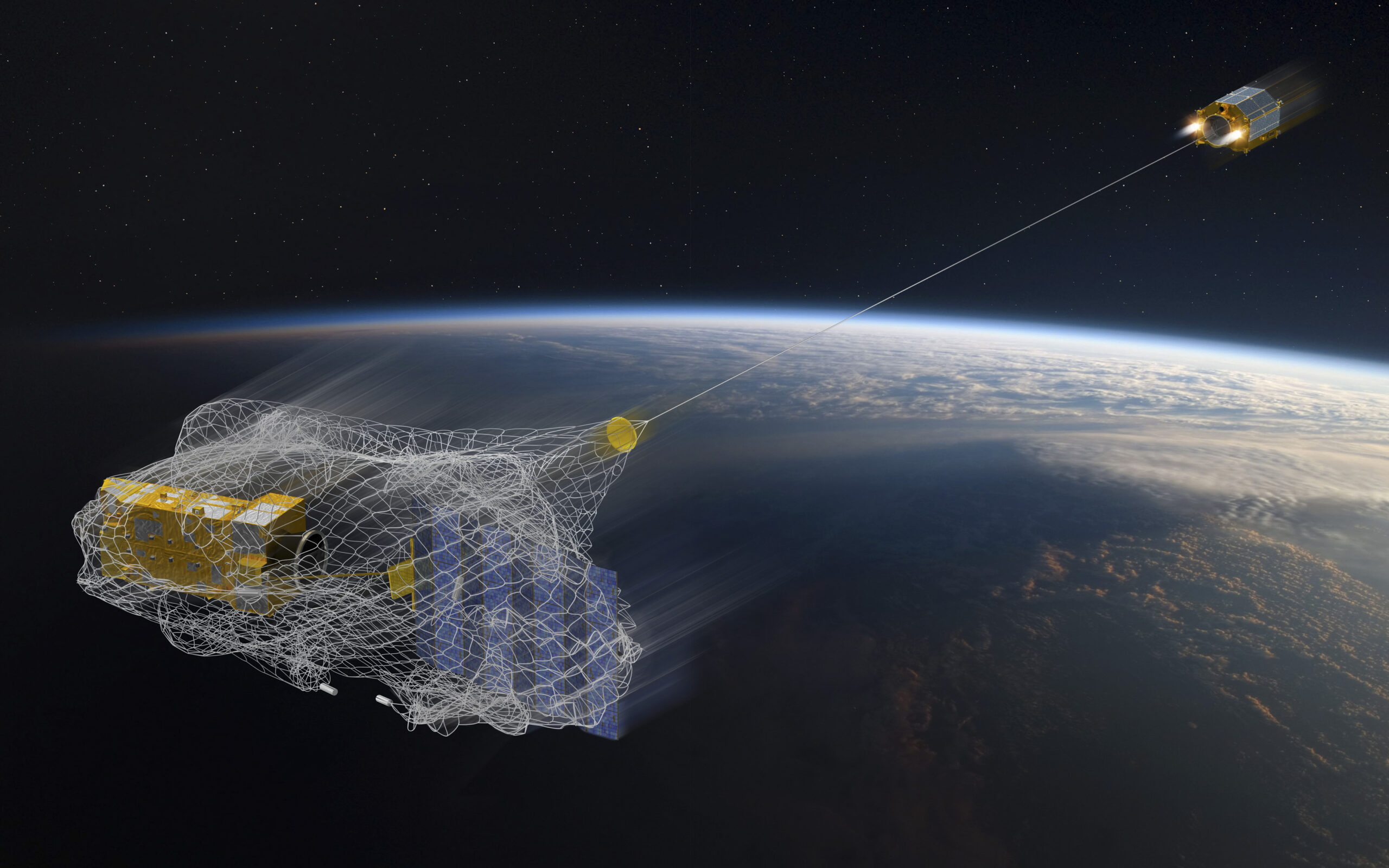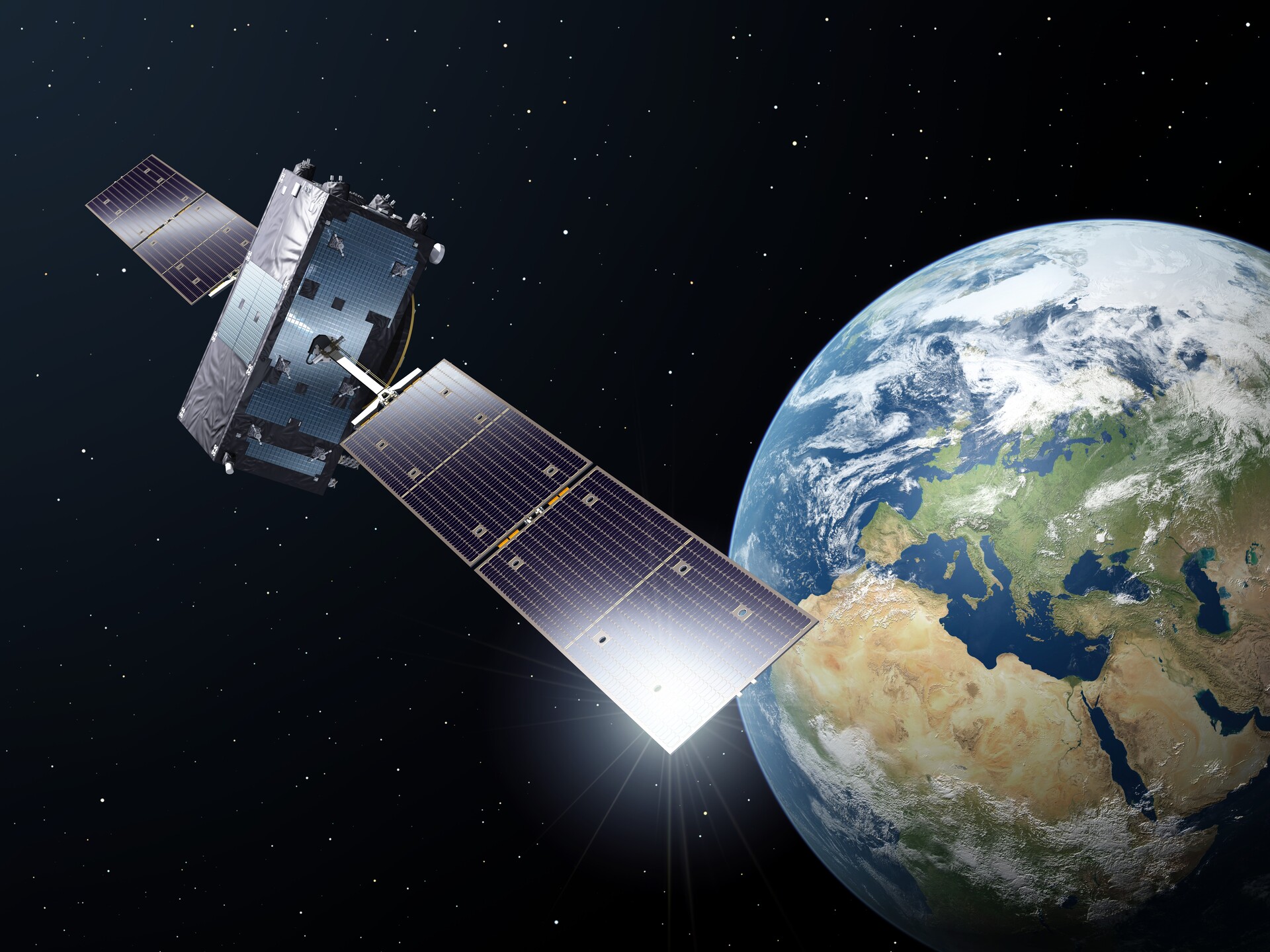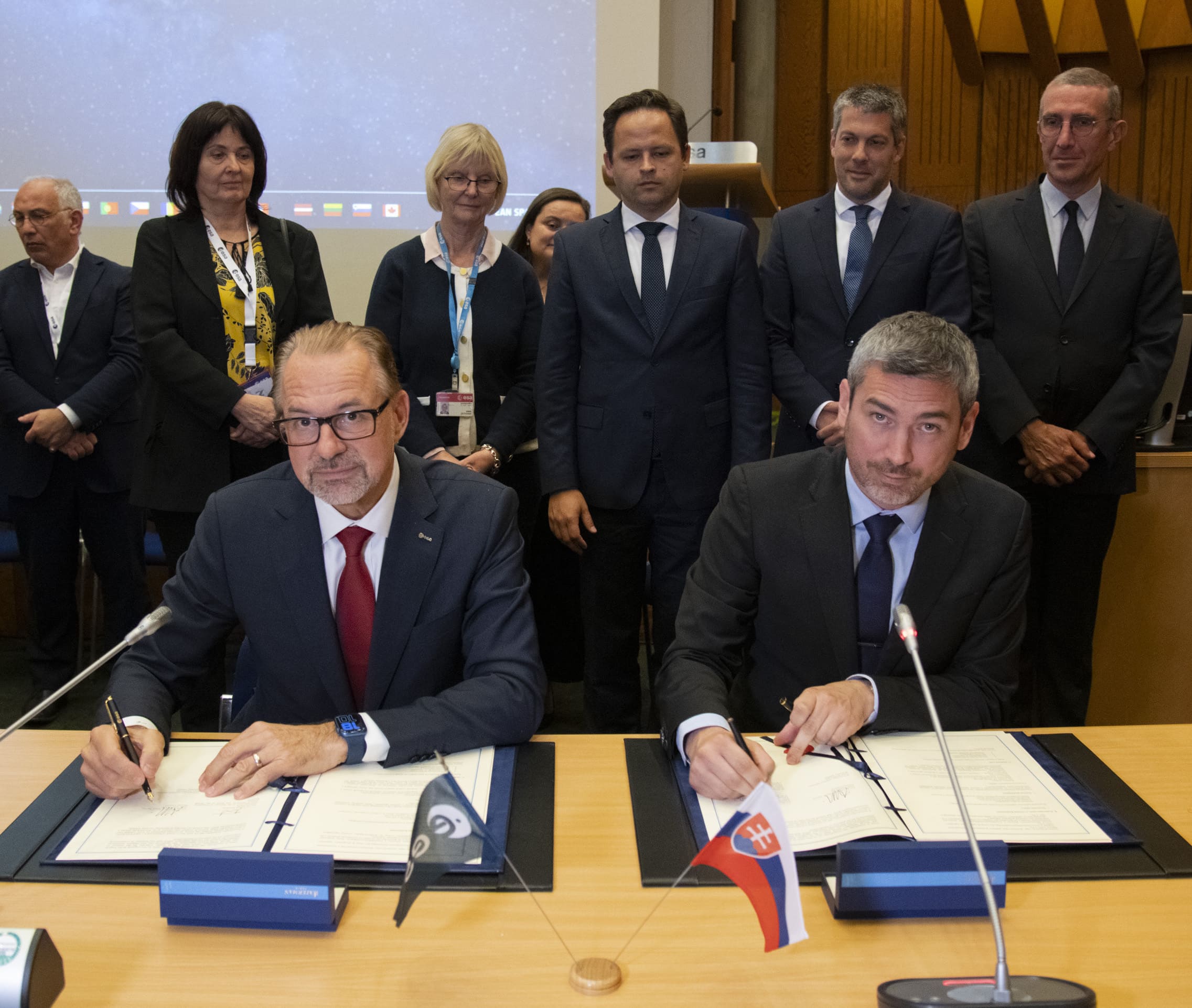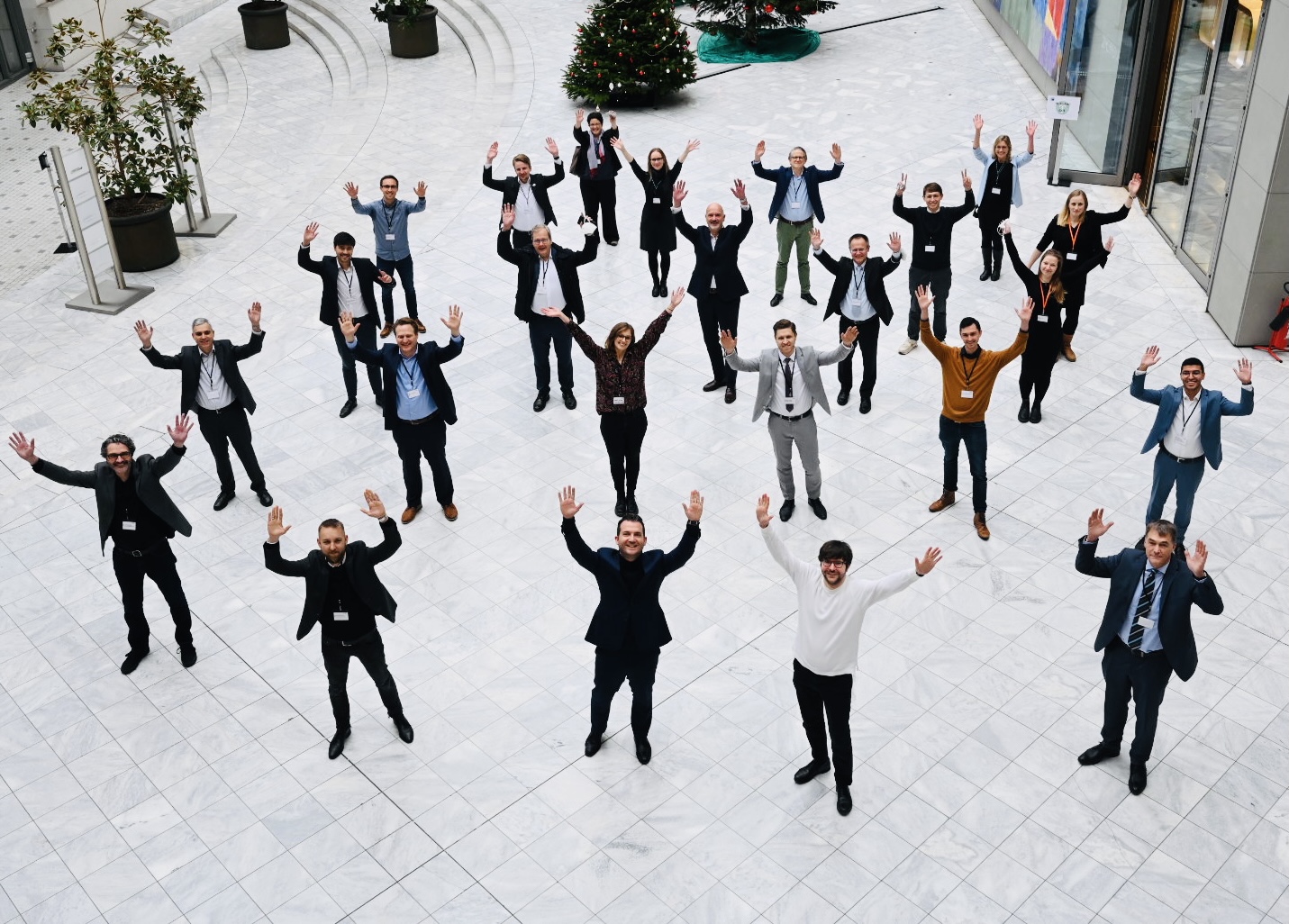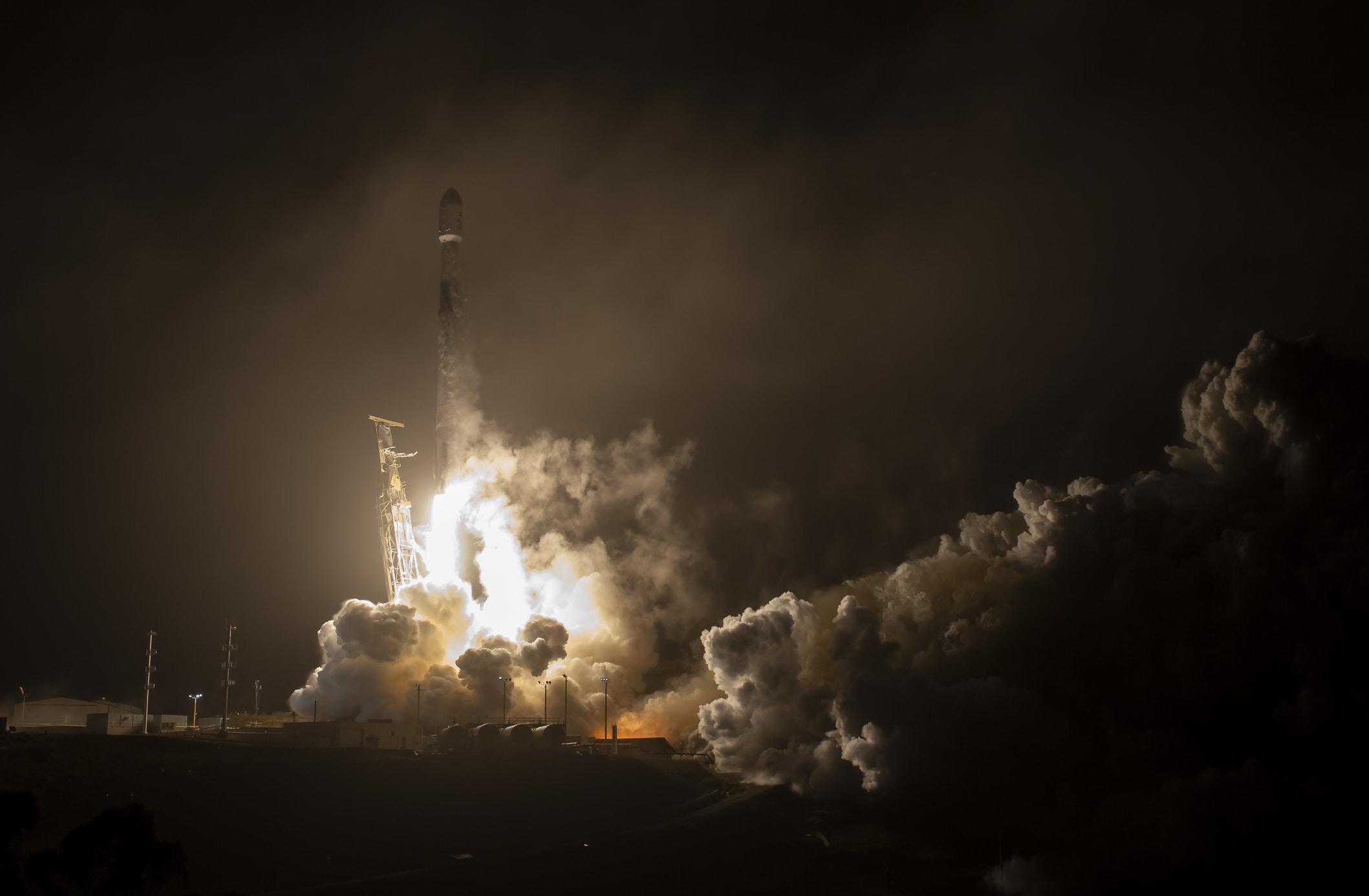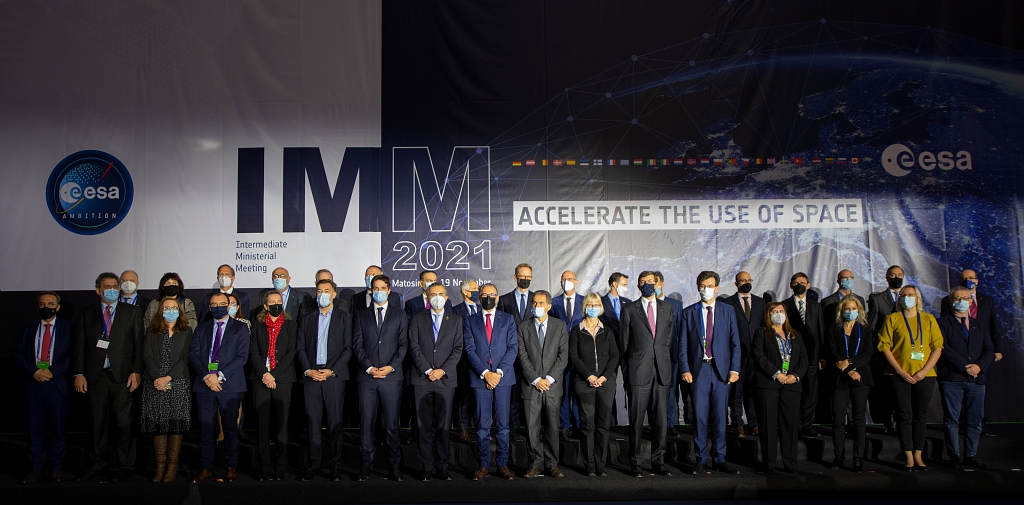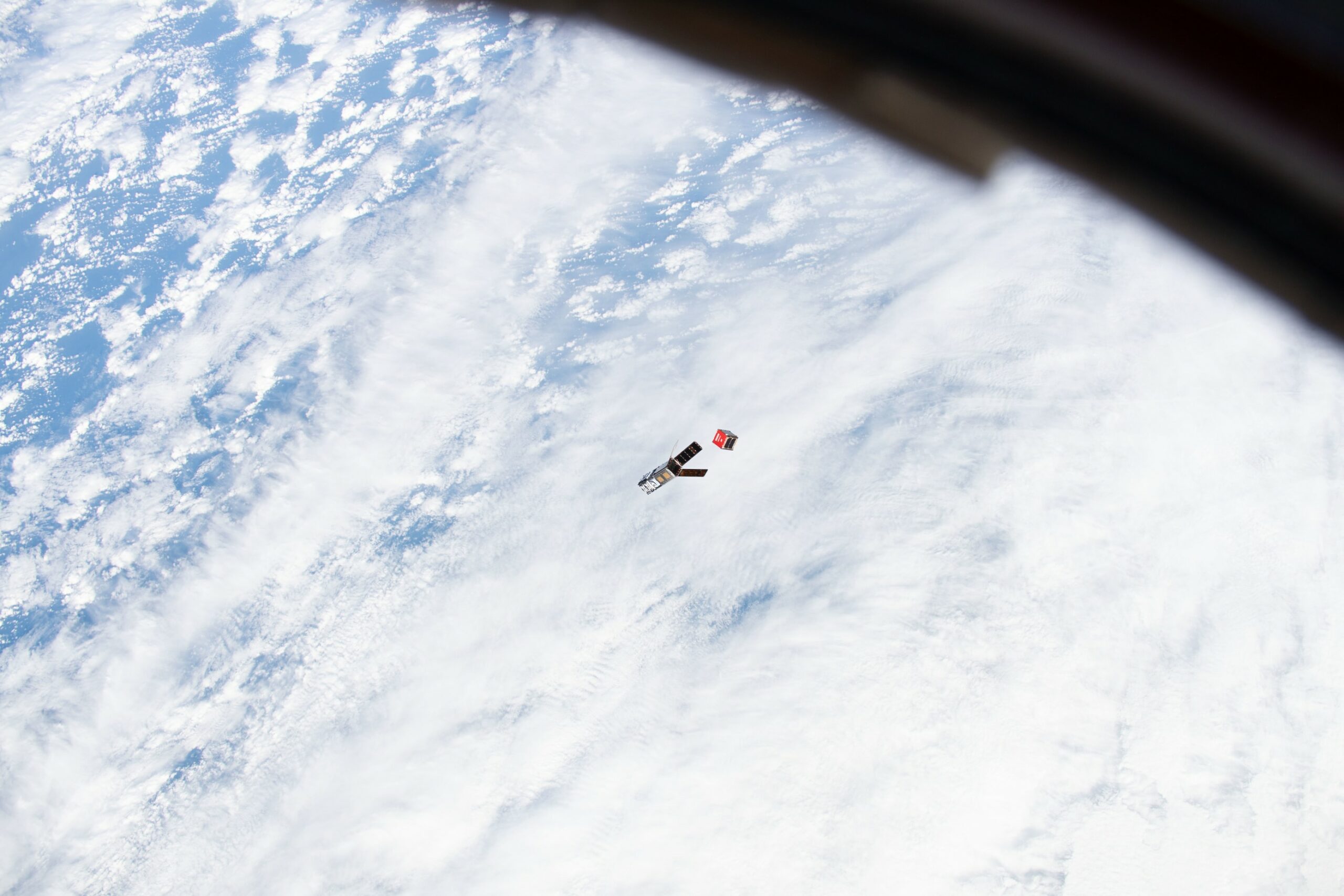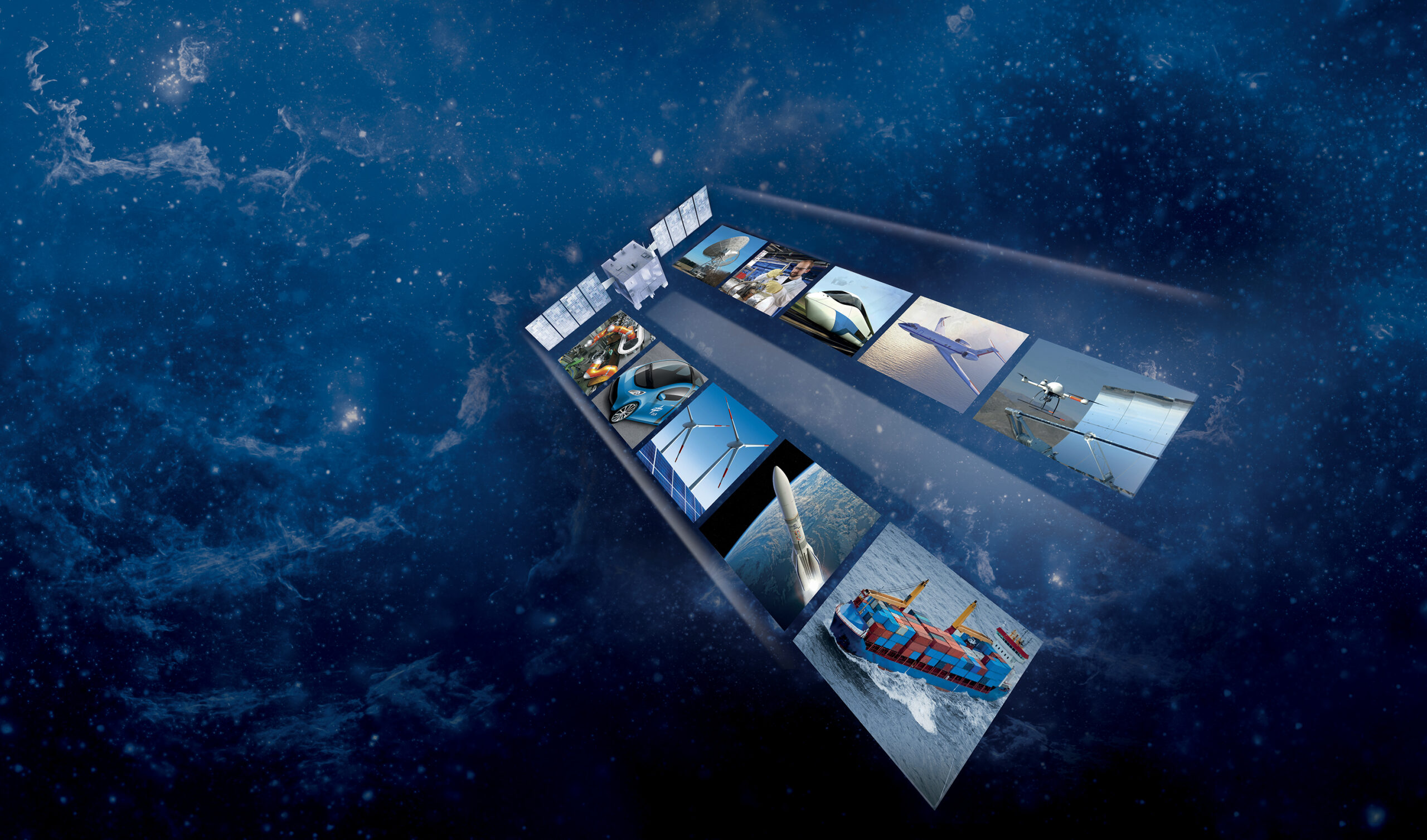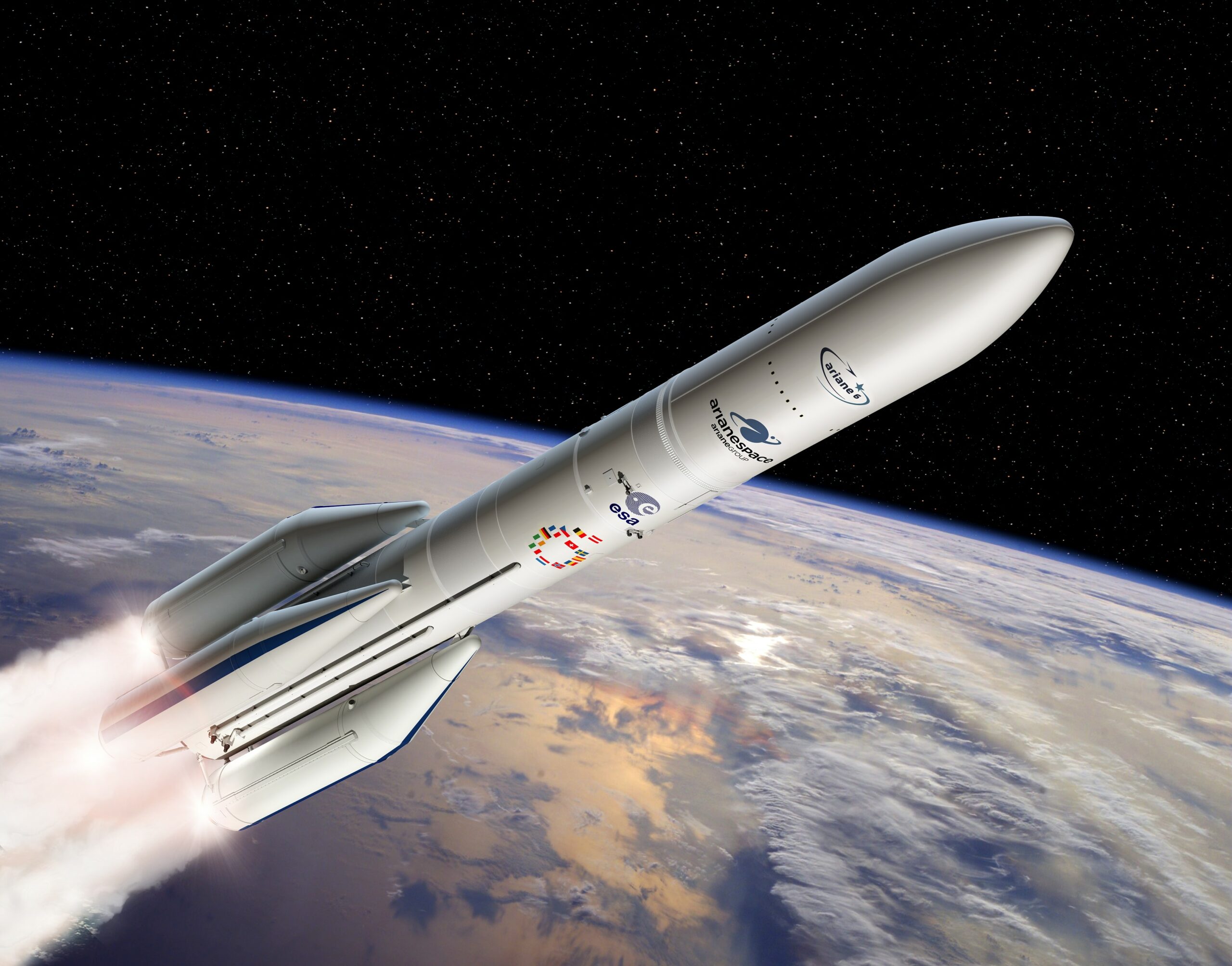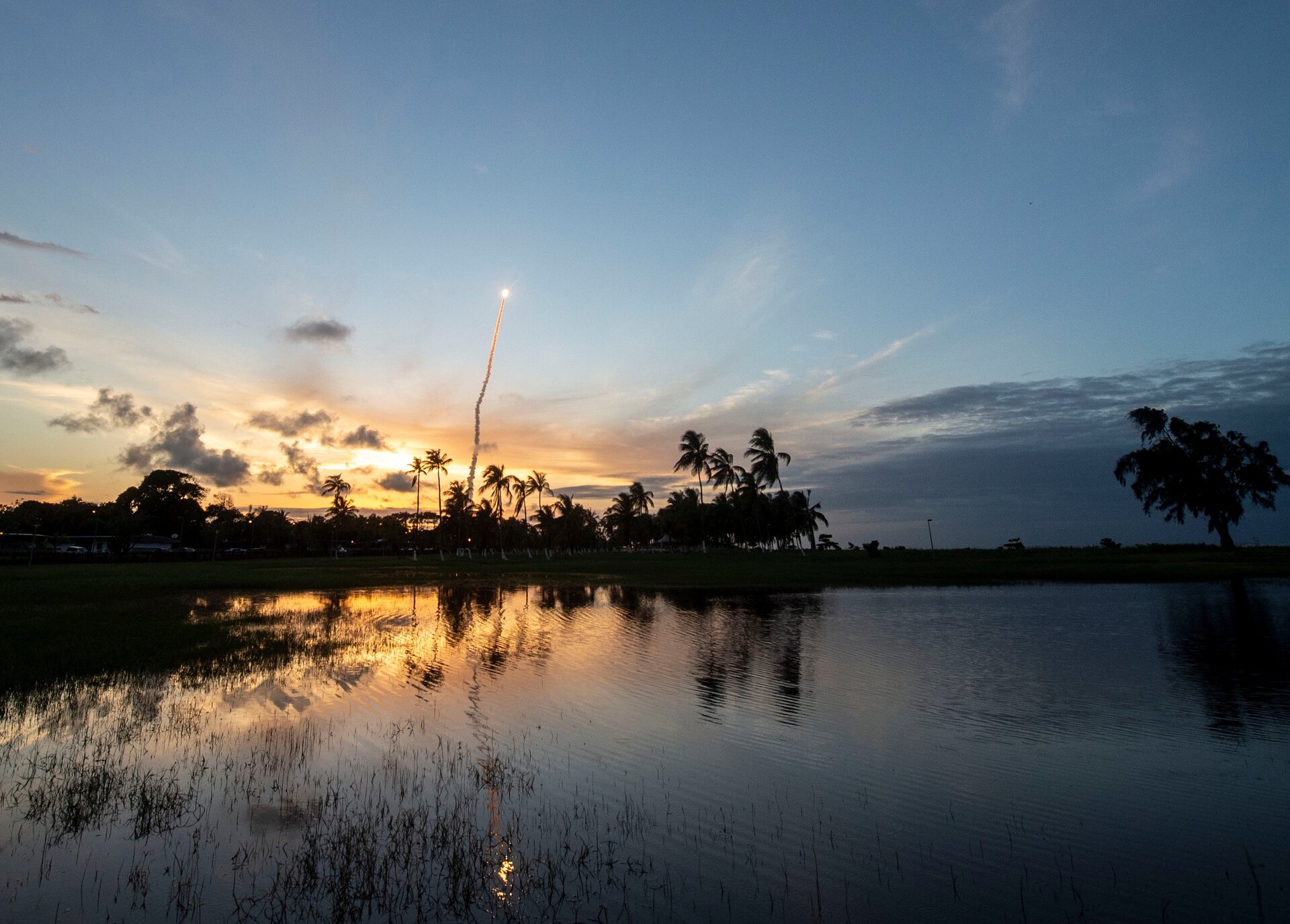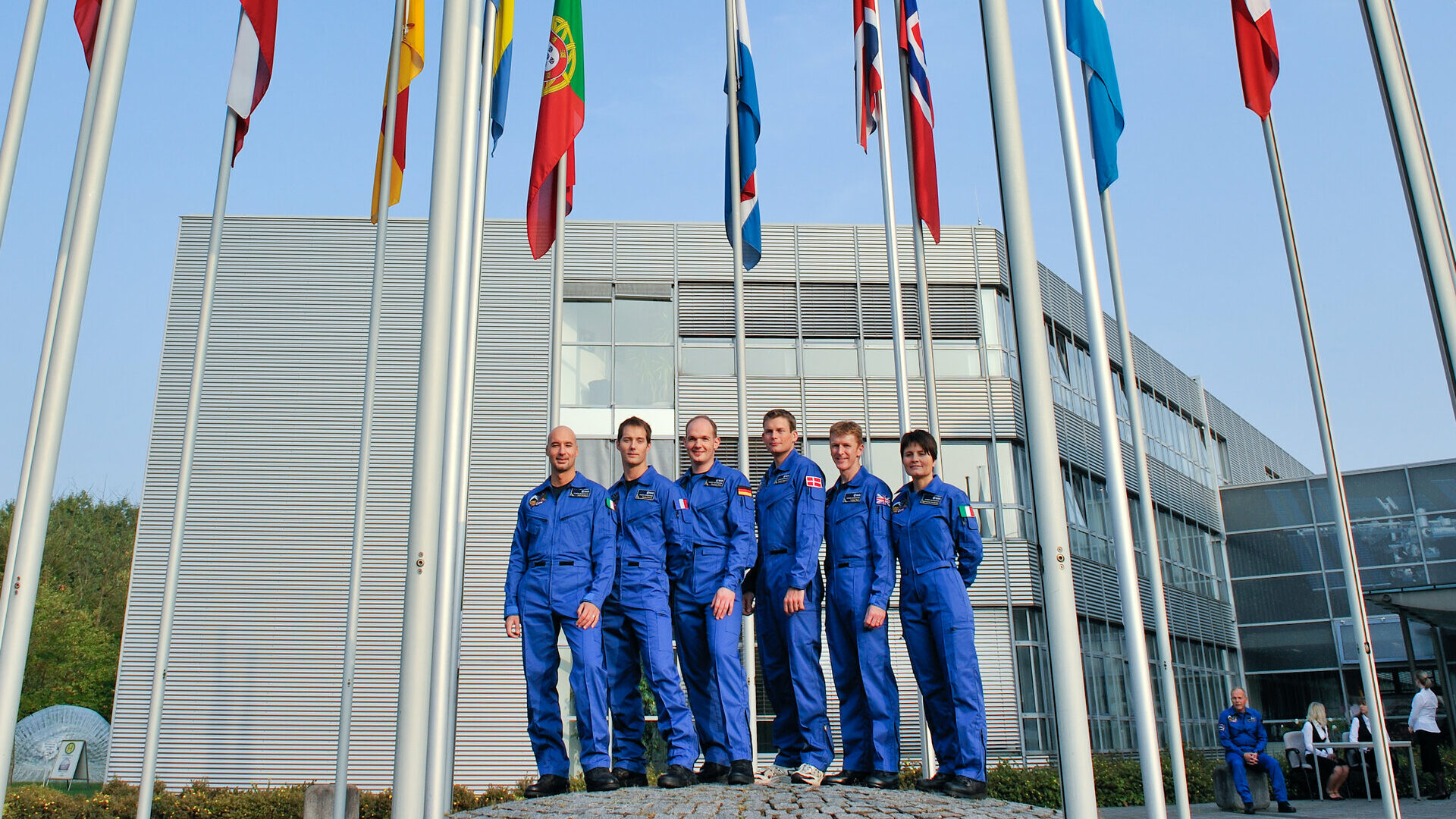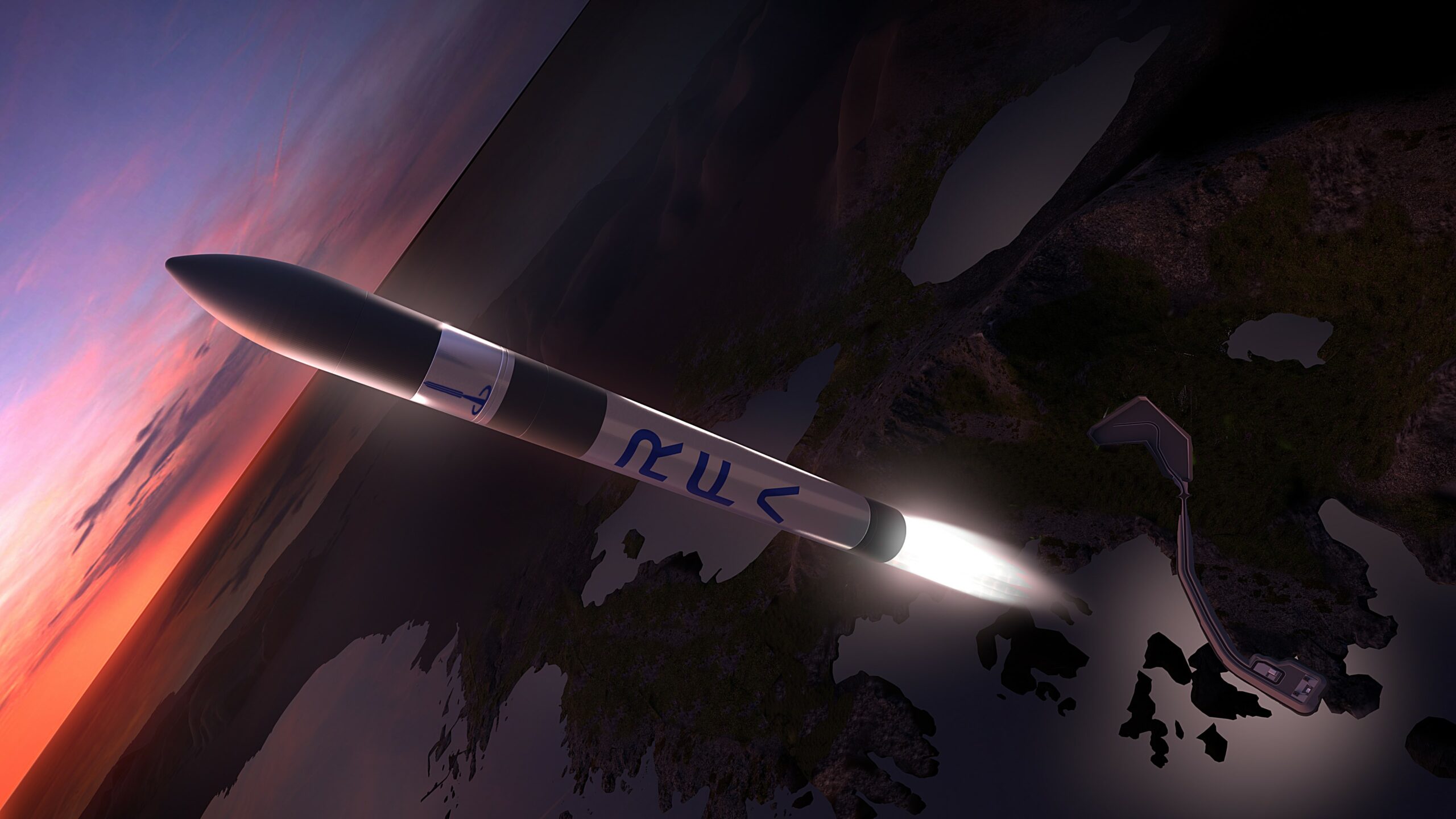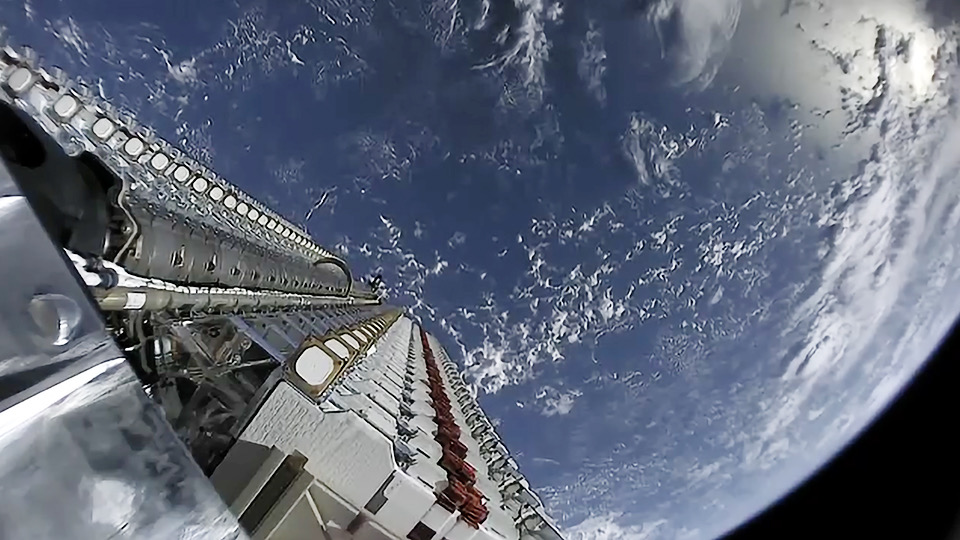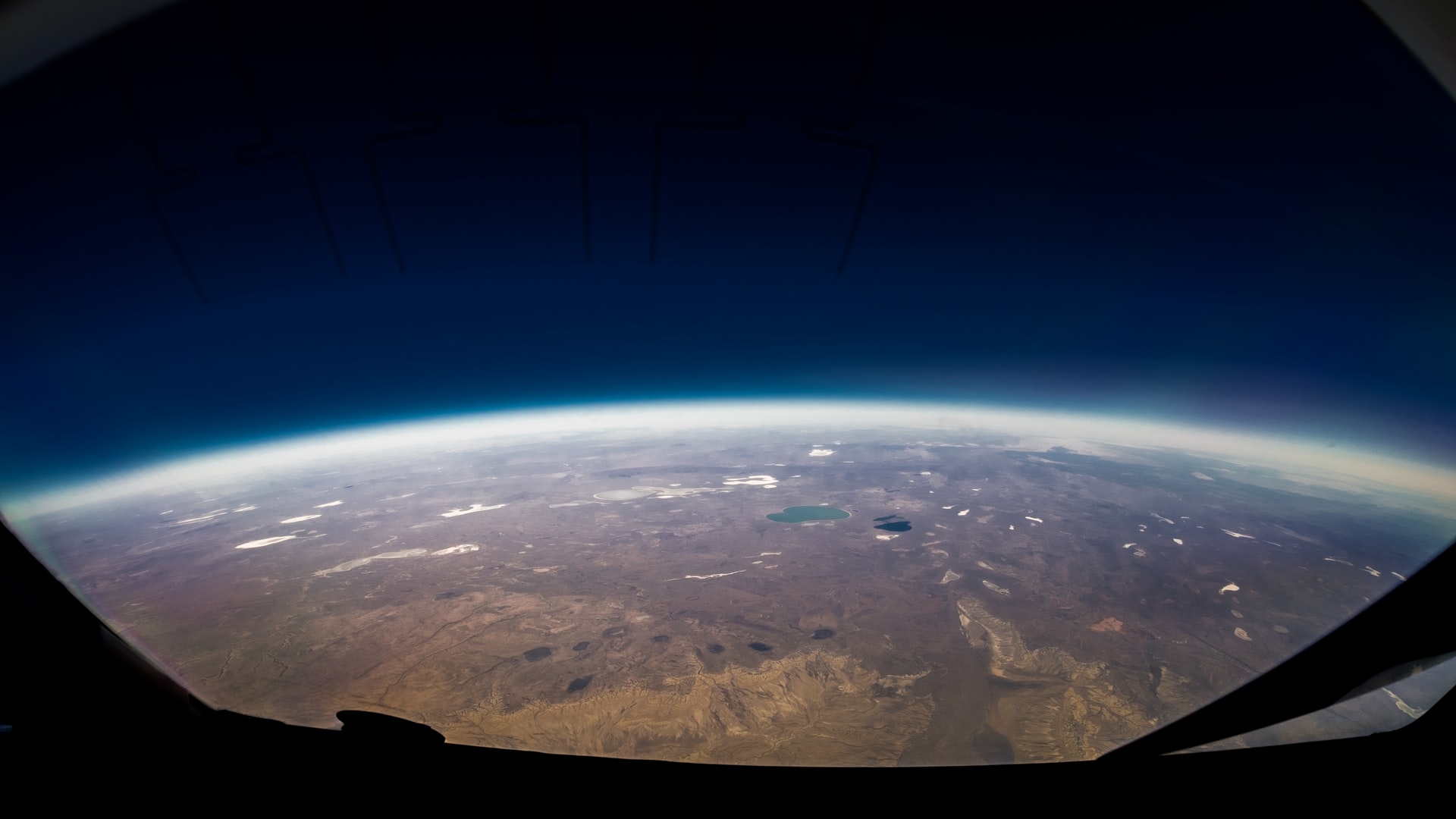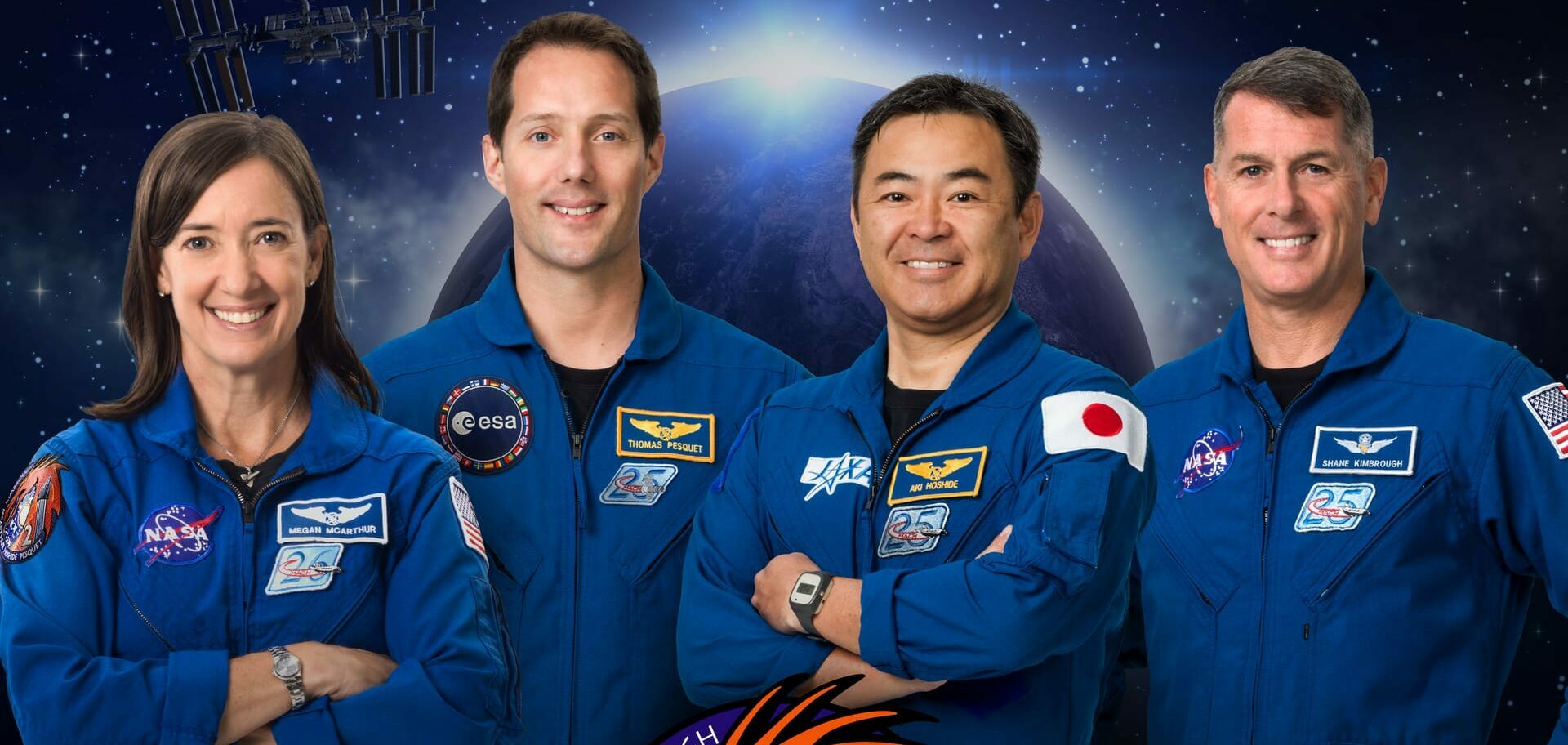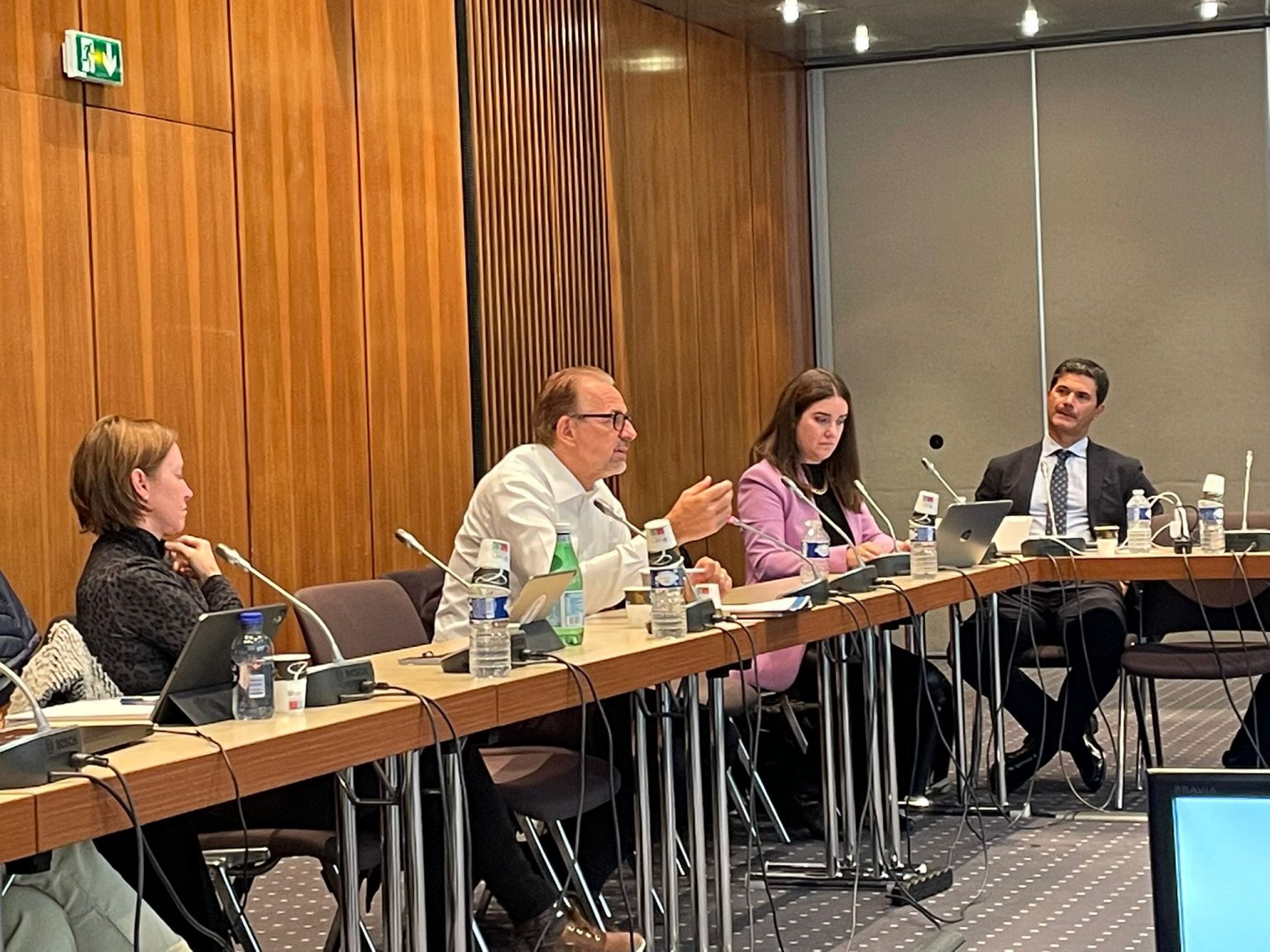
ESA Director General appoints New Space Advisory Board
Published on Sat, 01.10.2022 – 14:31 CEST in Internals, covering ESAMit ihrer Agenda 2025 hat sich die Europäische Raumfahrtagentur ESA zum Ziel gesetzt, aus der Raumfahrt ebenso viel Nutzen zu ziehen, wie zum Beispiel China oder die USA. Zu den Top-5-Prioritäten zählt auch die “Förderung der Kommerzialisierung für ein grünes und digitales Europa”. Dafür wurde im April 2022 das New Space Advisory Board (NAB) eingerichtet. Nun stehen die Mitglieder des NAB fest.
The NAB is a committee whose goal and mission is to share experiences and support ESA executives in adapting to the requirements of NewSpace. On the one hand, it focuses on key features of the NewSpace ecosystem. On the other hand, it is strongly believed that ESA is a key player that can foster its development in Europe. Consequently, NAB's membership list reads like a Who's Who of European NewSpace.
The Who's Who of NewSpace - Members of the NAB
The Advisory Board members are Benoît Deper, Founder and CEO Aerospacelab (Belgium); Luc Piguet, Co-Founder and CEO Clearspace (Switzerland); Cassi Welling, CCO ConstellR (Germany); Luca Rossettini, Co-Founder and CEO D-Orbit (Italy); David Henri, Co-Founder and CPO Exotrail (France); Rafal Modrzewski, Co-Founder and CEO Iceye (Sweden); Daniel Metzler, Co-Founder and CEO Isar Aerospace (Germany); Aleix Mégias, Director and Vice President of Operations Open Cosmos (UK); Florian Deconinck, Vice President of Institutional Partnerships and Future Missions Open Cosmos; Juan Tomas Hernani, CEO Satlantis (Spain); Theresa Condor, COO Spire (a.o. Luxembourg); Peter Taubenreuther, Managing Director STT-SystemTechnik (Germany).
The transformation of ESA
We need to incentivize a more dynamic commercial space sector to make the green and digital transformation a reality.
ESA Agenda 2025
All members of the NAB are stakeholders from the NewSpace ecosystem. Their experience is intended to help achieve the goals ESA has set for itself. And these are ambitious, as can be read in Agenda 2025. To achieve them, the space agency, together with its partners, wants to focus on three main factors: Talent, access to capital and rapid innovation. For example, it aims to increase the number of students in STEM fields by 20 percent across Europe through more intensive and inspiring public relations work. To facilitate access to capital, ESA wants to act to an increasing extent as an anchor customer in the future and use its expertise to create trust among investors. To bring innovations to market more quickly and easily, the European Space Agency intends to fundamentally revise its general procurement approach and its technology strategy.
Through the measures outlined in Agenda 2025, Europe should benefit from a dynamic commercial space sector. This, he said, is necessary for Europe to "meet its own societal and economic needs and priorities." And those are to be on par with the U.S. or China.

